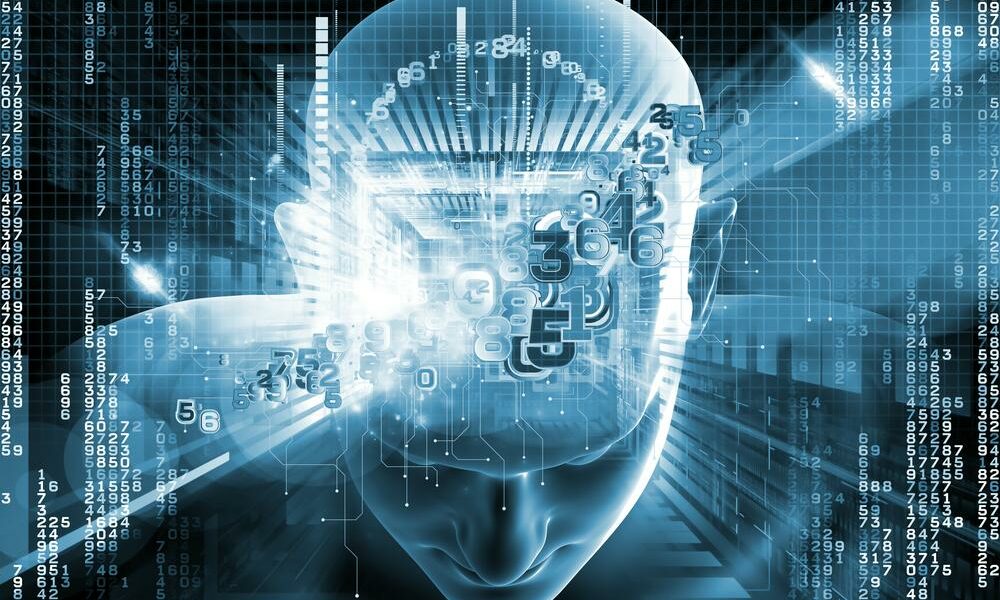In the era of rapid technological evolution, intelligent computing has emerged as a transformative force. This guide delves into the intricacies of intelligent computing, shedding light on the synergy of advanced technologies that empower systems to think, learn, and adapt intelligently.
Defining Computing: Beyond Traditional Computation
Intelligent computing goes beyond traditional computing paradigms. It encompasses a range of technologies that enable systems to mimic human-like cognitive functions. This includes problem-solving, learning from experiences, and adapting to changing environments. At its core, computing aims to create systems that can make informed decisions without explicit programming.
Artificial Intelligence: The Brainpower of Intelligent Systems
Artificial intelligence (AI) is a cornerstone of intelligent computing. It involves the development of algorithms and systems that can perform tasks traditionally requiring human intelligence. From natural language processing to computer vision, AI enables machines to comprehend, analyze, and respond to complex stimuli in a manner that simulates human cognition.
Machine Learning: The Adaptive Engine of Intelligence
Machine learning, a subset of AI, empowers systems to learn and improve from experience. Through exposure to data, machine learning algorithms can identify patterns, make predictions, and optimize their performance over time. This adaptive learning process is instrumental in creating intelligent systems that evolve with changing circumstances.
Cognitive Computing: Beyond Rule-Based Systems
Cognitive computing takes inspiration from human thought processes, aiming to create systems that can understand, reason, and learn. Unlike traditional rule-based systems, cognitive computing systems leverage AI and machine learning to analyze vast datasets, interpret natural language, and provide context-aware insights.
Adaptive Systems: Machines That Learn and Evolve
The hallmark of intelligent computing lies in the development of adaptive systems. These systems can adjust their behavior based on evolving circumstances, making them well-suited for dynamic environments. Whether it’s adapting to user preferences or learning from new data, adaptive systems epitomize the flexibility of intelligent computing.

Practical Applications: Intelligent Computing in Action
Explore real-world applications of intelligent computing across various industries. From healthcare diagnostics and personalized recommendations in e-commerce to predictive maintenance in manufacturing, computing is revolutionizing how businesses operate and individuals interact with technology.
Challenges and Opportunities: Navigating the Intelligent Landscape
As intelligent computing advances, it brings both challenges and opportunities. Addressing ethical considerations, ensuring data privacy, and mitigating biases in algorithms are crucial aspects of navigating the intelligent landscape. Simultaneously, the opportunities for innovation, efficiency gains, and improved decision-making are abundant.
The Future of Computing: Innovations on the Horizon
Look ahead to the future of computing, where innovations continue to reshape industries and redefine the possibilities of smart technologies. Anticipate advancements in personalized healthcare, autonomous systems, and the integration of intelligent computering into everyday life.
Conclusion: Embracing a Smarter Tomorrow
In conclusion, computing represents a paradigm shift in how we conceive and interact with technology. As AI, machine learning, and cognitive computing converge, they pave the way for systems that not only process information but also understand, learn, and adapt intelligently. Embrace the journey into a smarter tomorrow, where intelligent computing becomes an integral part of our daily lives.





